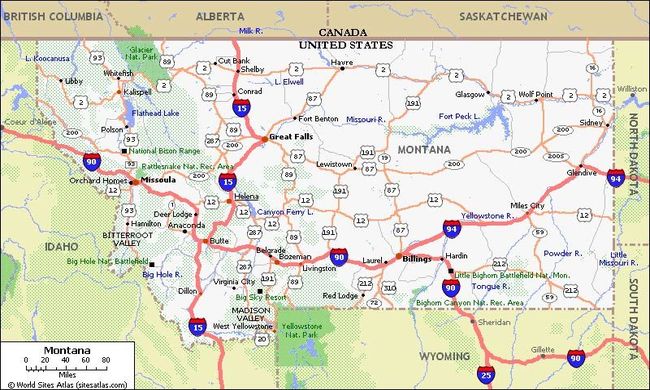“Progressives” challenging the legitimacy of the Constitution’s adoption might want to avoid looking too closely at the adoption of constitutional changes they favor.
There has long been dispute over whether several of the Constitution’s “liberalizing” amendments were properly ratified. Among the challenged amendments have been the Thirteenth, the Fourteenth, the Sixteenth, the Eighteenth, and the Nineteenth—the last three all promoted by “progressives.” Although some of the challenges were frivolous, the original ratification of the Fourteenth Amendment continues to be controversial among scholars because it involved serious issues of how state ratifications should be counted. The dispute over the Eighteenth Amendment wasn’t over until it was resolved by the U.S. Supreme Court in several cases (here and here). The dispute over ratification of the Nineteenth had to be resolved by the U.S. Supreme Court as well.
State constitutions written or favored by “progressives” also have been proclaimed under dubious circumstances. The current Montana constitution is a liberal document intensely celebrated by those on the Left. But there is serious doubt whether the voters ever ratified it.
In the referendum by which the Montana constitution supposedly was ratified, the constitution’s liberal supporters enjoyed huge advantages. These included careful timing and structuring of the election to promote approval, favorable press, infusions of federal and state government money on the “pro” side, and an official ballot form skewed to subtly promote a “yes” vote.
Even so, the results were exceedingly close. The constitution did get slightly more “yes” than “no” votes. But many people who cast ballots on other issues abstained on the constitution after having been told (correctly) that under the election rules an abstention counted as a “no.”
Nevertheless, as one historian has observed, “The fix was in.” The liberal governor proclaimed that the constitution was adopted. When two citizens challenged his proclamation, the Montana Supreme Court took immediate jurisdiction but refused to order a recanvassing or recount. Instead, it held a hasty proceeding, glided over a central issue of fact, and, by a 3-2 vote, declared the constitution as adopted by changing the state’s electoral rules—after the election was over!
My forthcoming study discusses the history. Watch for new developments.








